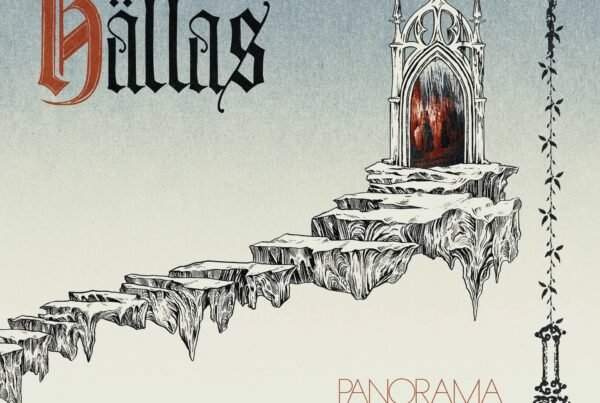Sofiane Pamart delivers an astonishing performance throughout Planet; the record is oozing with all the characteristics of an accomplished and virtuousic musician.
Release date: November 22, 2019 | URBAN Records | Facebook | Spotify
Sofiane Pamart is a French pianist, residing in Paris. Thus far he has garnered attention by being one of the most in-demand session musicians among lots of artists in the French hip hop scene; now he is releasing his debut album. Planet is a solo piano album, and man, what an album it is! Each song title bears the name of a location somewhere on Earth, and he has made music videos for most of the songs in the locations they reference. While this may sound cool all by itself, wait until you get a taste of these tunes. This is easily one of the best solo piano albums I’ve heard, which is not a statement I find myself making very often.
Each song off Planet carries a unique character embedded within its layers – no two songs sounding even remotely the same. While this character surfaces more obviously upon closer inspection, something else entirely reveals itself upon more fastidious glances: the flow and cohesiveness of the record, the true mark of a very creative and original songwriter. For the more knowledgeable, it can be heard that Pamart (aside from being a gifted performer and composer) has done his homework studying the great composers of the past. This is obvious due to the vestigial remnants of their influence in his work, which are twisted into this all too familiar tune that is ultimately a thing of its own.
This entire album could be subject to some detailed and insightful analysis that would basically go on forever; I will (unfortunately) have to refrain from making this an exhaustive look into the album for the sake of clarity and digestibility. Across the record, we can hear elements and influences from classicism, romanticism, impressionism, and postmodernism. You’d think that blending sounds from so many disparate musical periods together would be a warped mess, to which I say au contraire: everything is bound together with a finesse that is simply uncanny. Aside from the obvious influence taken from postmodernist music the likes of which was explored in the works of Erik Satie and Philip Glass (which reveals itself in the use of recurring motifs that undergo minor changes with each repetition), Pamart uses a few other tricks.
For example, he displays a strongly impressionistic approach through which he takes cues from Asian music, thus making it very difficult to pin these down within the context of a single song. Yes, impressionism is basically the very opposite of romanticism, but that’s why his idea is so brilliant! He uses Debussy‘s trusted method of suspending melodies by not giving them a strong resolve, and this in turn makes the romantic melodies he does play so much more intense, because now the strong harmonization has a greater impact on the ear. Pamart also seems to put to use a fair amount of natural minor and aeolian scales that harmonize with their missing bits, which are in turn played on lower octaves, creating an effect that is nigh violent in how they ring out. All of this I feel is quite well-represented in “Seoul”.
Alright, I believe that’s more than enough technical peering. Emotionally, the album is also heavily charged, bristling at its seams with a vigor that is rarely associated with solo piano music. Each of the twelve songs takes something from what is musically characteristic of the locations they are meant to represent. It’s rather difficult to summarize this in a few words, but Pamart successfully encapsulates the hallmark essence of these places within the span of a few minutes. There is a dreamy, almost otherworldly vibe that is woven into the fabric of each tune – this is also thanks to him borrowing from Debussy. Sometimes there is a strongly wistful, at times even dramatic resolve, which amplifies the emotive delivery of the songs. Some laid back and relaxed textures also make their way within the course of the album, making for quite a diverse journey. It basically runs the gamut from deep, introspective, and pensive all the way to lighthearted, loose, and even cheerful.
Planet is an amazing display of so many things: prowess on various levels, ingenuity, flair, grace, and many other things are experienced at virtuousic levels of execution in a fashion that still does justice to the actual music. I am thoroughly enchanted with what I have encountered on this album, and I don’t think I have even one little thing to nitpick about it in a bad way. It’s spectacular that such records are becoming less and less of a rarity these days, which brings me immense joy. By all means, Sofiane Pamart is an amazing musician, and I am very curious as to where his output is heading. It doesn’t really matter what your taste palette usually revolves around; you must do yourself a solid and listen to this album immediately. You will not regret it, not even one bit!







Spot on review of Sofiane’ Pamart’s brilliance!